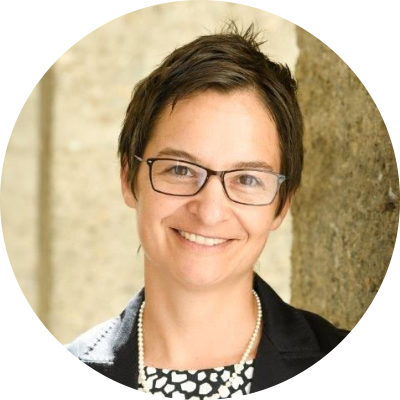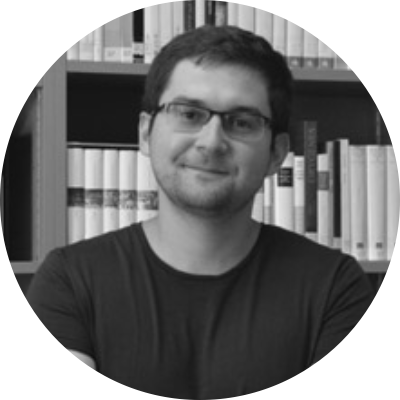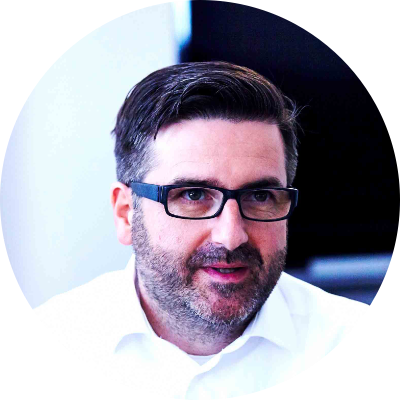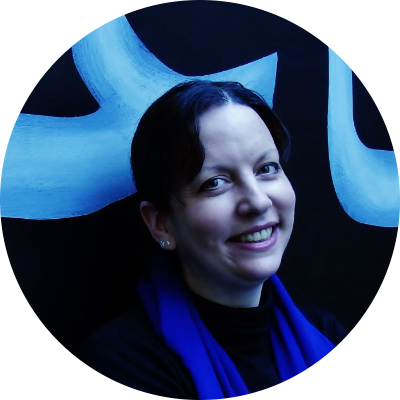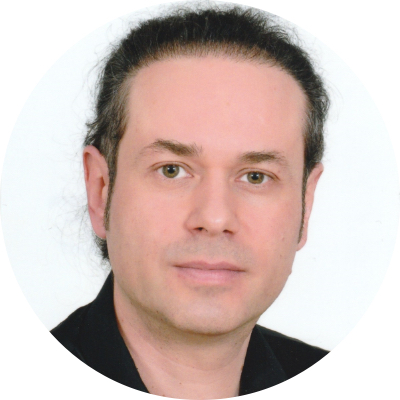Postsecular Societies
Religions play a public role in contemporary societies. Even highly secularized Western liberal societies are confronted with religion through migration and religious pluralization, and in many parts of the world religious actors and ideas occupy a salient place in politics and social conflicts. The research conducted by the Postsecular Conflicts Research Group under the keyword “Postsecular Societies” takes stock of current trends in social theory with regard to religion and secularization and contributes to the analysis of dynamics of religious change and to sociological theories of religious & value-conflicts in contemporary societies.
Postsecular Conflicts Research starts from the assumption that religions have always played a role in social development. The contemporary situation is best described as “postsecular” not because “religion is back” (it has never been gone), but because under the impact of postcolonial critique and epistemic self-reflexivity the mode of looking at and thinking about religion has changed. The presence of religion in modern secular societies engenders conflicts, which sociologists and philosophers have variously considered as a threat – “Culture Wars” (James Davison Hunter) – or as a chance – “Postsecular Dialogue” (Jürgen Habermas). Postsecular Conflicts Research moves precisely in the area of tension between religious-secular conflicts, on the one side, and religious-secular learning processes, on the other. It seeks to define in greater detail the conditions in which conflicts emerge and the proper ways of framing them theoretically and theologically. What actors, what political dynamics, and what ideas and intellectual genealogies are at play in today’s postsecular conflicts?
Publications by the Postsecular Conflicts Research Group presented here push the boundaries of sociological theorizing of postsecularity by analyzing the different genealogies of postsecular theories and the different histories of reception and elaborations (and refutations) of the term in Russia, the United States, Western Europe and other parts of the world.
The most important recent research achievement in this area is the edited volume “Postsecular Conflicts. Debating Tradition in Russia and the United States”, which gathers original interviews and critical reflections around the globalization of the culture wars from a Russian and American perspective.
The article “Four Geneaogies of Postsecularity” by Kristina Stoeckl and Dmitry Uzlaner was published in the Routledge Handbook on Postsecularity.
Advisory Board
The Postsecular Conflicts Research Group develops out of the ERC Starting Grant Project POSEC (2016-2022). The ERC Starting Grant program is designed to enable young researchers to start their own research group and grow academically and professionally. To achieve these aims, it is common that Starting Grants establish an Advisory Board of experienced academics, which help the Principal Investigator with the task of setting up a research group and agenda. POSEC’s Advisory Board is made up of experts on Russia and Russian Orthodoxy, on religion in international politics, and on political and social theories of religion & politics and postsecularity.
Publications
Journal Articles
- Trantas, Georgios E. (2021). Greek Orthodox Religioscapes as Domains of Intra-European Migrant Integration and Europeanisation, in: Journal for the Study of Religion and Ideologies (JSRI), Vol. 20(58), 96-111.
- Trantas, Georgios E. (2020). Greek-Orthodox Diasporic Glocality and Translocality in Germany and Great Britain, in: Journal of the British Association for the Study of Religions (JBASR), Vol. 22, 71-88.
- Uzlaner, Dmitry (2014). The Pussy Riot Case and the Peculiarities of Russian Post-Secularism, in: State, Religion and Church, Vol. 1(1), 23–58.
Monographs and Editorship
- Stoeckl, Kristina/Gabriel, Ingeborg/Papanikolaou, Aristotle (Hrsg.) (2017). Political Theologies in Orthodox Christianity: Common Challenges - Divergent Positions, London: Bloomsbury T&T Clark, https://www.bloomsbury.com/us/political-theologies-in-orthodox-christianity-9780567674135/.
- Stoeckl, Kristina/Uzlaner, Dmitry (Hrsg.) (2020). Postsecular Conflicts. Debating Tradition in Russia and the United States, Innsbruck: Innsbruck University Press.
Book Chapters
- Stoeckl, Kristina (2017). Political Theologies and Modernity, in: Stoeckl, Kristina/Gabriel, Ingeborg/Papanikolaou, Aristotle (Hrsg.): Political Theologies in Orthodox Christianity: Common Challenges - Divergent Positions, Bloomsbury T&T Clark, 15–24.
- Stoeckl, Kristina (2018). Religion in der Öffentlichkeit – zwei Modelle, zwei Versuchungen, in: Dürnberger, Martin (Hrsg.): Öffentlichkeiten. Salzburger Hochschulwochen 2017, Innsbruck: Tyrolia-Verlag, 125–151.
- Stoeckl, Kristina/Uzlaner, Dmitry (2018). Four Genealogies of Postsecularity, in: Beaumont, Justin (Hrsg.): The Routledge Handbook of Postsecularity, London; New York: Routledge, 269–279.
- Uzlaner, Dmitry (2018). The Pussy Riot Case and the Peculiarities of Russian Post-Secularism., in: Diamantopoulou, Elisabeth A./Christians, Louis-Léon (Hrsg.): Orthodox Christianity and Human Rights in Europe: A Dialogue between Theological Paradigms and Socio-Legal Pragmatics, Gods, humans and religions. Bern ; Berlin ; Bruxelles ; Frankfurt a.M. ; New York ; Wien: Peter Lang, 153–187.
Events
06 - 08 February 2019: Postsecular Conflicts Mid-Term Conference

